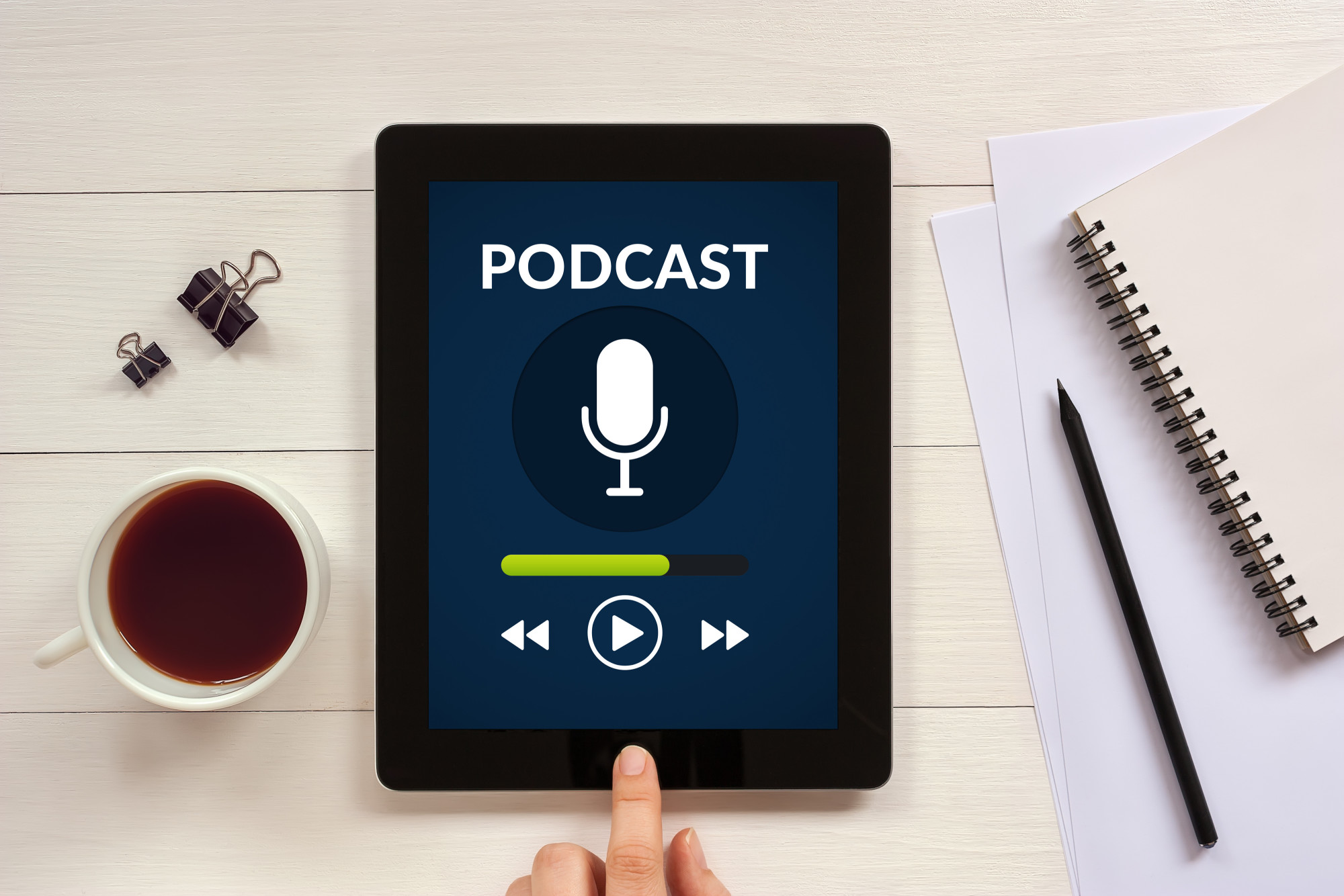Are you looking to become an avid coin collector? It’s a great hobby that builds organizational skills, community, pride, knowledge, and even a little money. With some coins fetching as much as $15,000, coin collecting is a hot hobby for people young and old.
If you’re just starting out, you might be wondering what steps to take first. Keep reading to learn 8 essential coin collecting tips that will help you build your collection!
1) Educate Yourself About Coin Collecting
When you’re new to anything, it’s important to start by building a knowledge base. Coin collecting is no different.
One of the first things to know is that coins are graded according to condition, so be sure to read up on what qualities determine a particular grade. The clarity of the design, for instance, can have a big impact on the grade assigned to the coin.
You’ll want to devote time to learning about the coins themselves as well as the business of purchasing coins. Visit your local library or, better yet, join the American Numismatic Association. The top organization for coin collectors, the ANA has tons of resources to help you get started.
2) Set Reasonable Goals For Yourself
Just like when you start anything, be reasonable with your goals. Don’t expect to amass a huge collection overnight.
There’s a level of challenge in coin collecting because you’re seeking out rare objects for a good price. Enjoy this challenge — but don’t rush it.
Think of coin collecting as a longterm investment that will grow with time. You’ll need to be patient as you learn the ropes, but you’ll end up with a better, more focused collection if you take your time.
3) Determine What Interests You Most
Are you looking to make money as a coin collector? Or is your goal to find coins with designs that you like or historical significance?
Read up on popular types of coins to collect and learn about their backstories and cultural significance. You might just connect with a particular coin and can add that to your list of goals.
The Morgan and Peace Dollars are among the most popular coins to collect, while Liberty Seated Dollars are more of a rarity. Make a list to ensure that you have a range of coins both popular and rare to get started.
4) Know The Seller You’re Buying From
If someone in an alley opens a suitcase full of jewelry, you’re probably not going to buy anything because you don’t know the source. You should use a similar sense of judgment when buying coins. You want to know that you are buying from a reputable dealer.
If you’re buying in-person from a dealer, use a magnifying glass to inspect the coin before you hand over money for it. Scratches or discolorations could be an indication of improper cleaning, and that devalues the coin.
Look for dealers with strong ratings or even ones with Better Business Bureau seal of approval. You can also ask other collectors for recommendations, too. You want to find a precious metals broker who will work with you!
5) Create Designated Storage For Your Coins
Once you have a few coins in your collection, be sure to find appropriate storage for them. Keep your coins in a cool and dry storage box with a padded interior.
If possible, keep coins in their original sleeves. Envelopes or other pockets can work well, too, if you don’t have an original sleeve. If you own any very valuable coins, keeping them in a safe-deposit box at the bank isn’t a bad idea.
When picking up your coins, only touch the edges and wear cotton gloves. Moisture is bad for coins, and polishing can be, too. So resist the temptation to polish your coins before storing them.
6) Keep Track Of What You Collect
It’s also critical to keep track of what you collect. It may seem easy enough to do that when you’re just getting started, but once you’ve added several coins to collection it’s too easy to lose track.
Keep a coin collection book or digital document where you note key information plus a picture of your coins. A basic notepad and paper will work, too. Take note of things like the coin’s condition, year, date of purchase, dealer, origin, imagery, and other details that stand out.
7) Stick To a Budget
As with anything, don’t spend more than you have. Set a budget based on your other expenses and know the repercussions of going over that budget.
Remember that coin collecting does have a few start-up costs. You’ll need to purchase a storage container and maybe even a safe-deposit box if your coins are really valuable. Remind yourself that you don’t have to create the biggest collection right off the bat!
8) Find Fellow Coin Collectors
One of the big perks of coin collecting is finding like-minded individuals who are eager to learn more about coins. Consider joining a club. If one is not available in your area, there are online groups where you can connect, learn, and share your discoveries.
There are conferences for coin collectors, too, so you are bound to find a way to meet people with shared interests. And in a little while, you could be the expert mentoring a newbie about coin collecting!
Start Collecting!
Coin collecting is a wonderful hobby to pick up at any age, and it will bring purpose to your life. You’ll gain a new appreciation for the historical significance of the coins you come in contact with and learn about your preferences along the way.
With a few tips in mind, you can get starting building a collection that can be passed down to future generations. To learn more about how you can make your money work for you, check out some of our other articles!
